Everyone is safe, and
teaching can resume safely in all Hungarian schools on Friday,
stated Bence Retvari, following police inspections of more than 300 schools across the country after Thursday’s bomb threats. The Parliamentary State Secretary of the Ministry of the Interior discussed the events on the "48 Perc" news analysis program on the M1 TV.
Retvari reported that,
in addition to the 303 institutions who received bomb threats via email , 16 other schools were inspected
at their request, citing security concerns. No explosives were found in any of the locations.
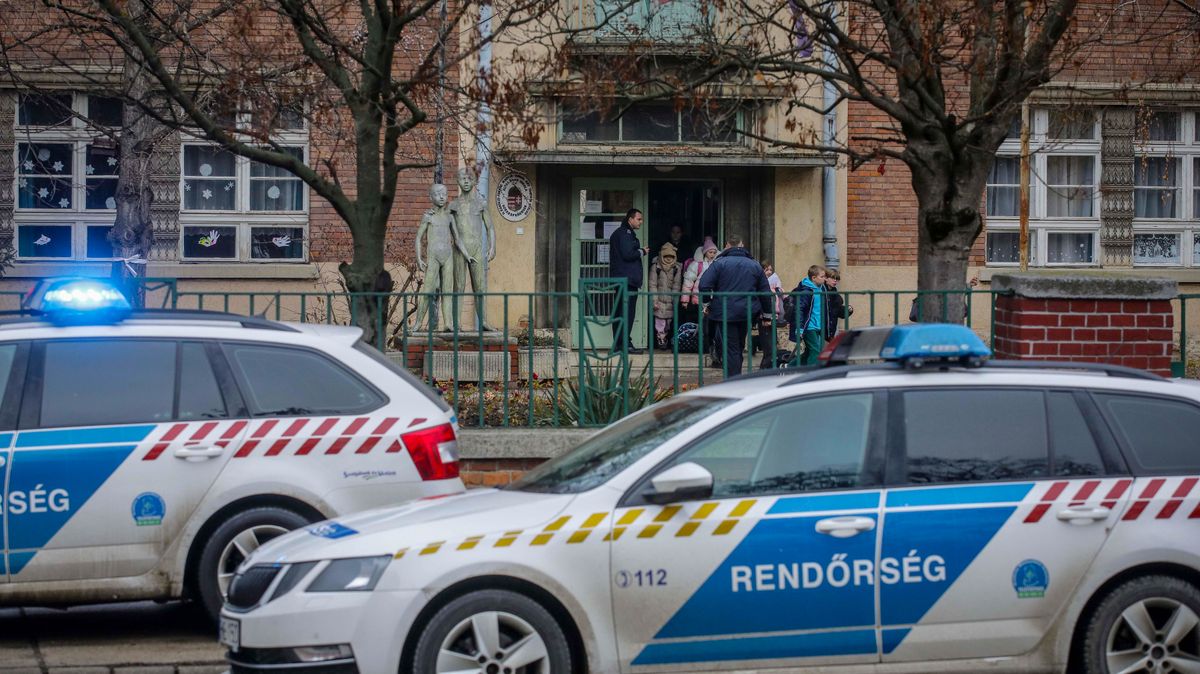
The state secretary praised the calm and organized handling of the situation, emphasizing that no panic arose despite the unprecedented nature of the threat in Hungary. He thanked teachers for their composure, parents for their cooperation, and police officers for their thorough inspections, highlighting the exemplary collaboration. "We can be proud of having a well-functioning country. Hungary has once again proven that in times of crisis, Hungarians can unite," he stressed.
To ensure immediate information exchange and efficient response and cooperation, a command unit was established, including members from key organizations such as the National Police Headquarters, Budapest Police Headquarters, National Bureau of Investigation, National Protective Service, Constitution Protection Office, Counter-Terrorism Center, and the Disaster Management Authority.
Investigations yield progress
The state secretary stated that police are working tirelessly on the investigation. Although the perpetrators are yet unknown, authorities have made progress, examining emails, metadata, and camera footage. Efforts are focused on identifying suspicious activities and objects, and then reallocating resources as needed.
Significant steps have been taken by investigators; they know much more now than they did this morning.
He also referenced similar threats in Slovakia in three waves, the Czech Republic, and Bulgaria in recent days. One threat message received in Slovakia contained Islamist elements and closely resembled one in Hungary, although the Hungarian text contained unusual linguistic errors. Hungary is cooperating with Slovak, Czech and Bulgarian authorities and has informed Europol to aid the investigation. Uncovering the details and apprehending the perpetrator is a top priority, Retvari stressed.
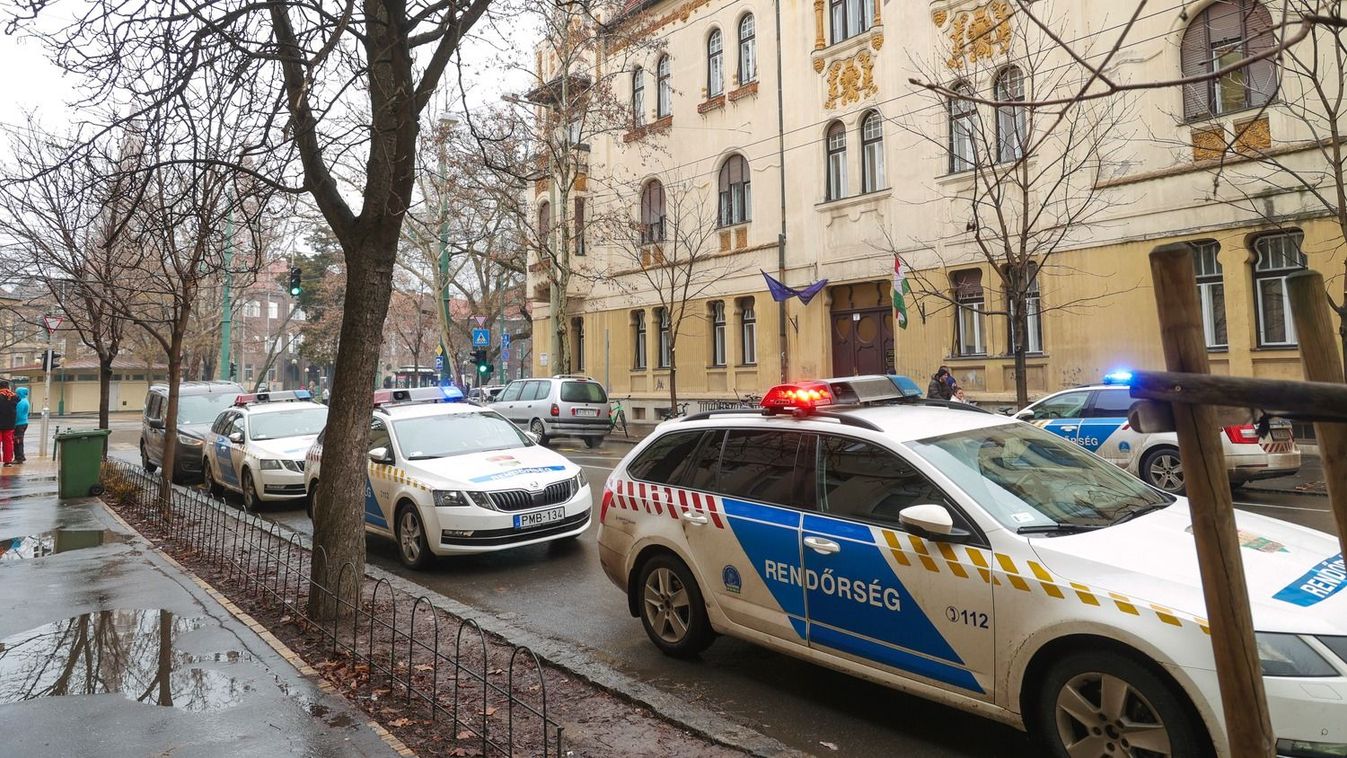
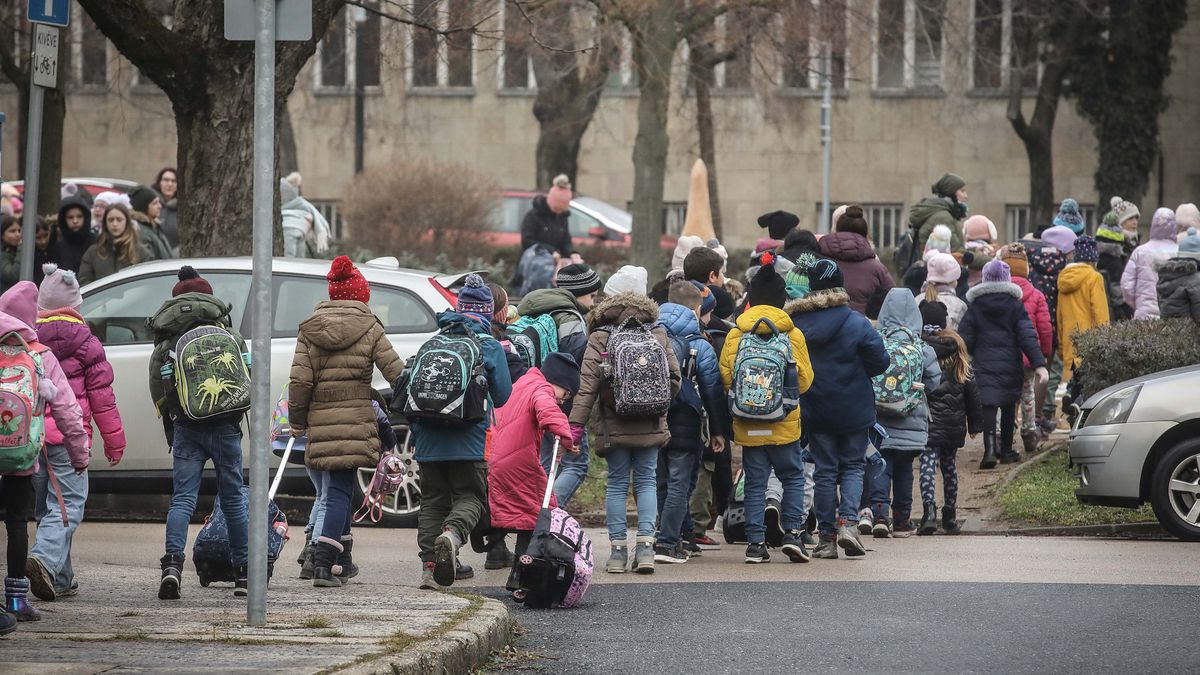








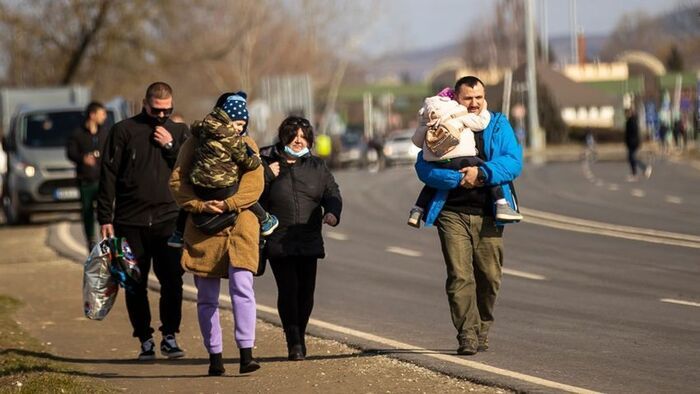



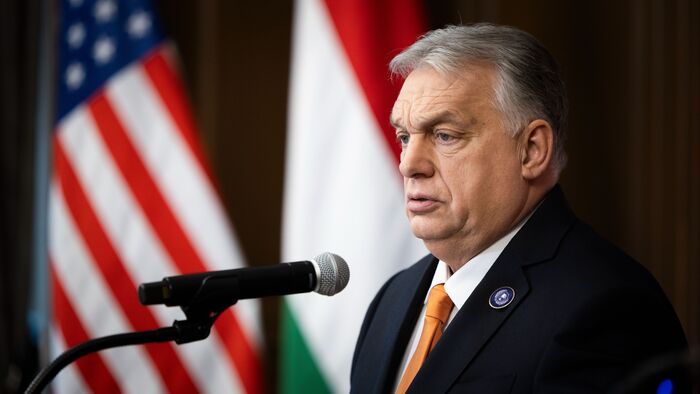

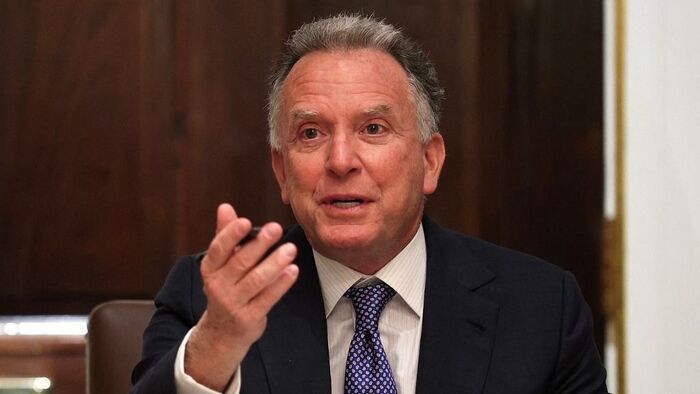
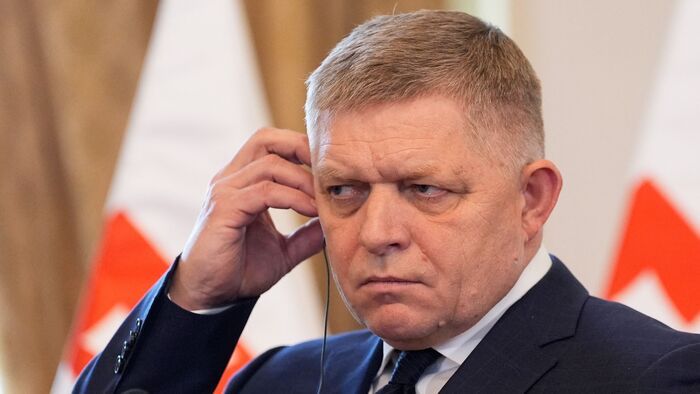



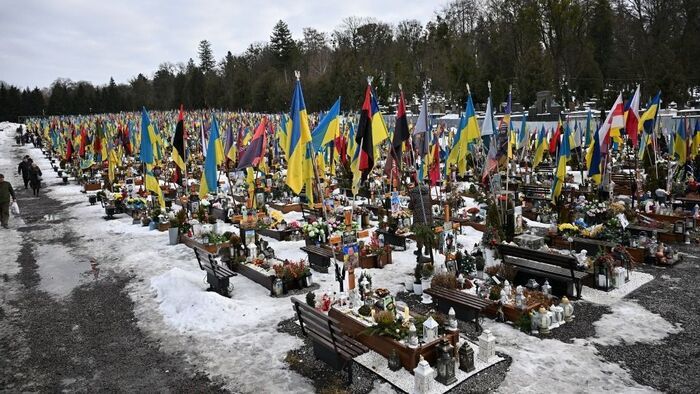


Szóljon hozzá!
Jelenleg csak a hozzászólások egy kis részét látja. Hozzászóláshoz és a további kommentek megtekintéséhez lépjen be, vagy regisztráljon!